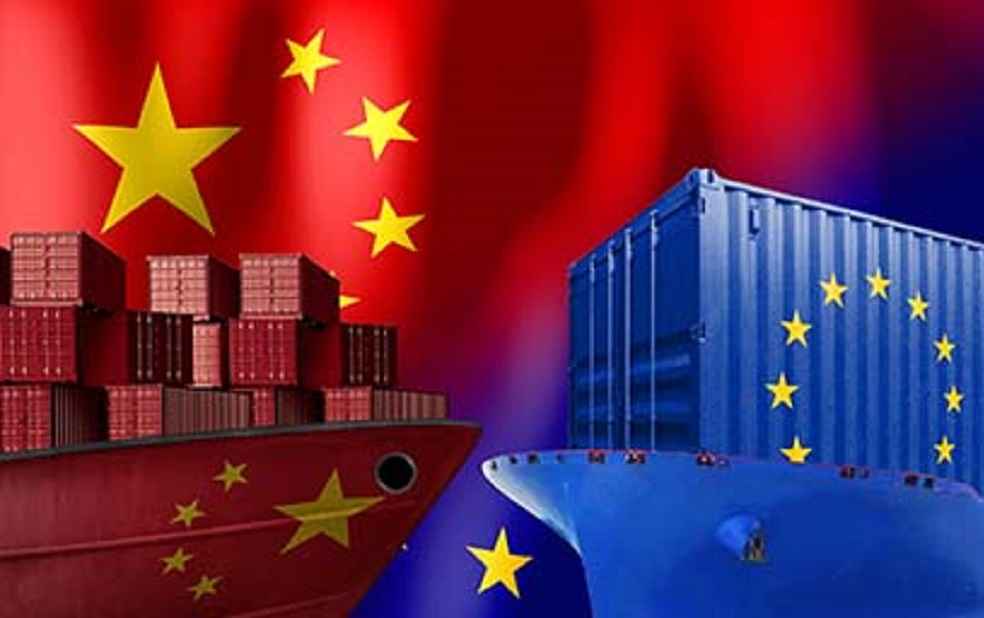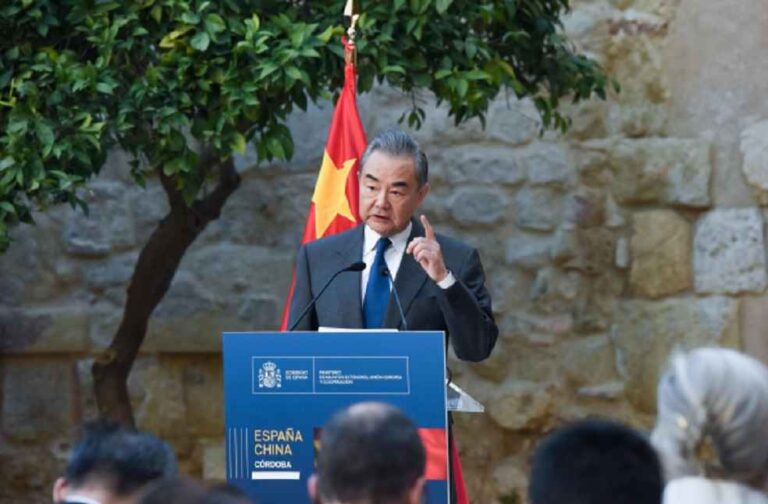China’s announcement to lift its nearly quarter-century ban on Spanish beef imports marks a pivotal change in EU-China trade relations. Revealed by Chinese Foreign Minister Wang Yi during a visit to Spain, this move to end the beef ban signals Beijing’s intention to deepen ties with the European Union, recognizing Spain as a reliable partner.
The embargo’s conclusion was formalized on Sunday, with the General Administration of Customs in China stating that restrictions on the import of deboned beef from cattle under 30 months old from Spain would cease. This policy alteration, initially communicated at a joint press conference between Wang and Spanish counterpart José Manuel Albares in Cordoba, represents a tangible effort by China to enhance trade with the EU against a backdrop of increasing European protectionism.

Wang Yi stressed the expansion of bilateral cooperation into emerging sectors such as electric vehicles, green energy, and digital economy, urging Spain to utilize various trade platforms to escalate exports of premium products to China. This initiative is described as a crucial driver for the evolution of China-Spain relations, promising significant positive impacts given the vast Chinese market, as noted by Albares.
This development follows China’s 2000 prohibition of EU beef exports after ‘mad cow’ disease outbreaks, alongside recent EU antitrust actions against China. Despite these tensions, experts view the removal of the beef ban as indicative of China’s commitment to market openness, contrasting with the EU’s protectionist measures. This strategy by China, choosing openness over retaliation, suggests a strategic recalibration in addressing international trade disputes, especially with the EU.

Experts like Huo Jianguo and Cui Jianhong interpret this decision as reflective of China’s confidence and resolve in navigating its economic and trade relations with Europe. It signifies a strategic departure from retaliatory actions in favor of fostering a responsible and cooperative global stance.
This development occurs as China’s total trade with the EU has experienced a slight downturn, with hopes that such initiatives will reinvigorate the trading relationship between China and the EU. The visit by China’s foreign minister to Spain, the first in nearly six years, is viewed as an opportunity to advance the mutual understandings reached by the leaders of both nations, perpetuating the congenial atmosphere of the 50th anniversary of diplomatic ties and enriching the China-Spain comprehensive strategic partnership.
IMEX SECTOR | India’s Cotton Exports Soar to New Heights, Captivating Asian Buyers



